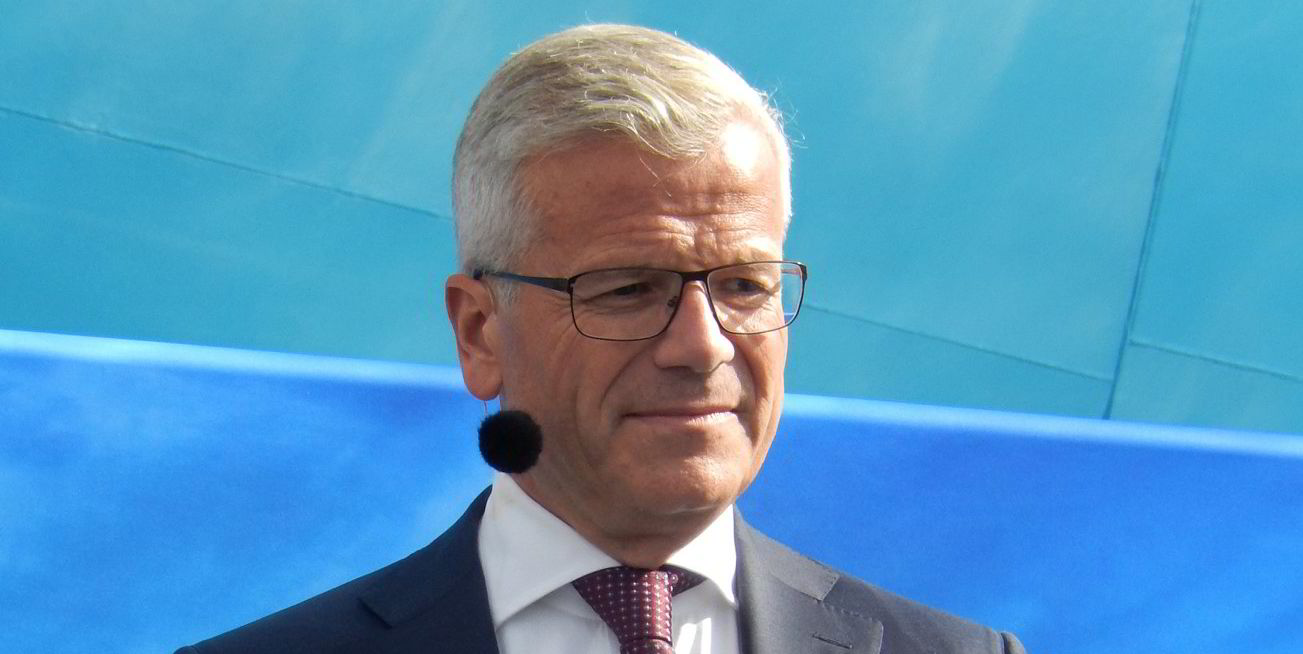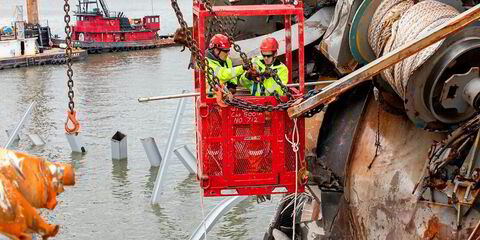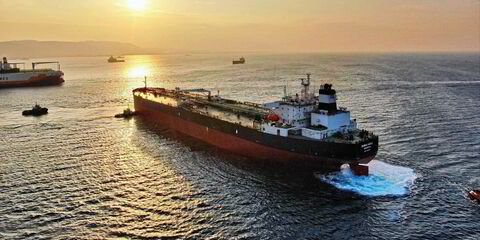All climate eyes are focused on Dubai at the moment. For the shipping industry, there will be a flurry of announcements, some impressive, others just PR for incremental steps that would be taken anyway. But the thing that shipping also needs to pay attention to is the discussion on climate finance.
At the time of writing, $598 million in loss and damage pledges had been made at COP. But as a result of advancing climate impacts, the loss and damage finance needs are presently estimated to be greater than $400bn annually, and rising.
This further emphasises the critical importance of greater investments in mitigation and adaptation measures if we are to have a chance at stopping loss and damage from even occurring in the first place.
Therefore, it is no surprise that climate finance has been a central element to every single round of COP negotiations, and especially since the climate finance commitment from developed countries to mobilise $100bn per year by 2020 was missed with the goal then extended to 2025.
But that $100bn goal, which countries are yet to mobilise, is a drop in the ocean compared with the trillions needed. It is estimated that spending needs for adaptation and mitigation in developing countries, excluding China, will be around $1trn per year by 2025 and $2.4trn per year by 2030. Not to mention that a significant amount of the money that is pledged is development aid that had already been committed by developed countries but is just being relabelled.
A recent study estimates that 52% of climate finance provided by 23 rich countries from 2011 to 2020 was money that previously went to development budgets, including programmes focused on health, education, and women’s rights.
If there is one lesson to be learned from the shortcomings of the COP negotiations on this, it is that we urgently need to tap into a much wider range of financing sources, such as international taxation. And this is where shipping comes in.
During COP28, we heard Barbados Prime Minister Mia Mottley urging countries to go beyond voluntary pledges and pleas to private investors, and instead focus on global taxation, including a specific mention of shipping, to boost finance flows towards the most climate-vulnerable nations.
France and Kenya have announced the launch of an international taxation taskforce at COP28 to push for new levies to raise more money for climate action which includes the shipping sector. Earlier this year, leaders at the Africa Climate Summit called for a global carbon taxation regime, including a carbon tax on maritime transport.
It is easy to see why all this attention is focused on shipping taxation. A levy on international shipping pollution would serve the dual purpose of starting to close the cost gap between oil and future shipping fuels but also raise funds for mitigation and adaption in climate-vulnerable countries.
You might ask, why shipping? Well, shipping is an incredibly undertaxed sector: while the average corporate taxation rate for OECD countries is 23%, two of the biggest names in shipping — Maersk and CMA CGM by way of example — paid an effective tax rate of 2% on their profits, while Hapag-Lloyd paid an effective rate of 0.4% of its $8.6bn profits in the first half of 2022.
Furthermore, shipping profits soared during the pandemic, with much of the excess profits being paid out to shareholders.
It seems a no-brainer to put a levy on international shipping and ensure the revenues it generates go to climate-vulnerable countries to further a just and equitable transition. Some of the most vulnerable have been calling for exactly this for years now — notably, the Pacific Island states.
The adoption of a levy at the IMO would generate new and additional funds for mitigation and adaptation, separate from those negotiated at COP and the United Nations Framework Convention on Climate Change. It is important to emphasise this last point: a shipping levy at the IMO will not be a substitute for developed countries’ financial obligations under the UNFCCC. It is an additional route towards spearheading the just and equitable transition, and, subsequently, keeping the 1.5°C temperature goal of the Paris Agreement in reach.
COP28 provides a brilliant platform to tackle the inequalities in global financial flows. But no matter how much is pledged to climate funds in Dubai, the broader international financing system is still failing climate-vulnerable countries and the shipping industry can and should play its part in solving the problem.
We need to see increased dedication to equitable climate action from countries also at the IMO if we are to tackle the mammoth gap in financing for the needs of climate-vulnerable countries.
Ana Laranjeira is shipping manager at Opportunity Green, an NGO focused on using legal, economic and policy knowledge to tackle climate change



